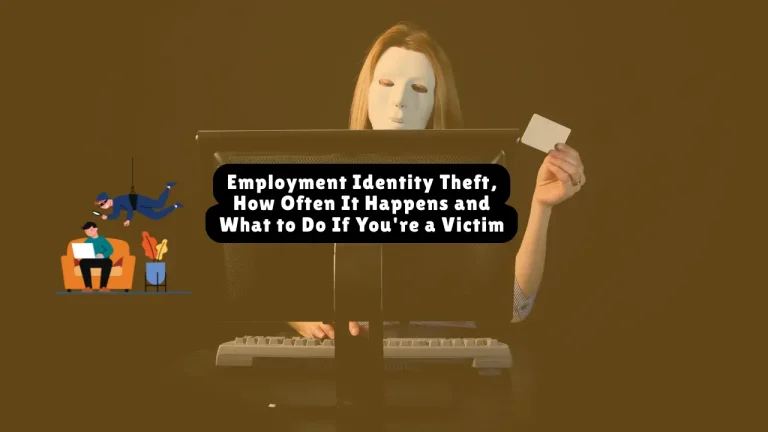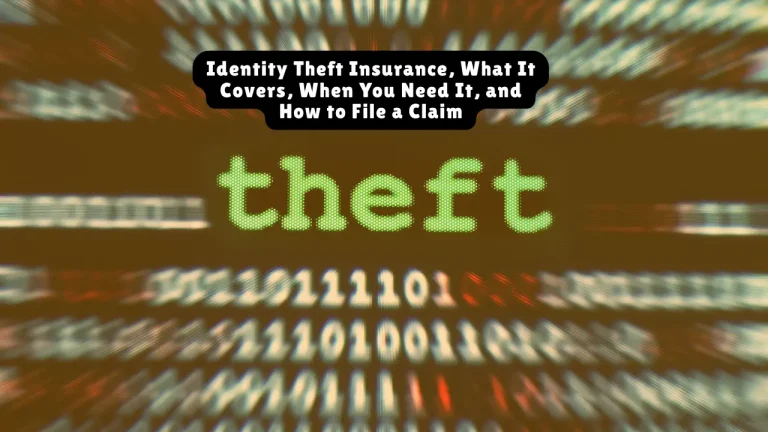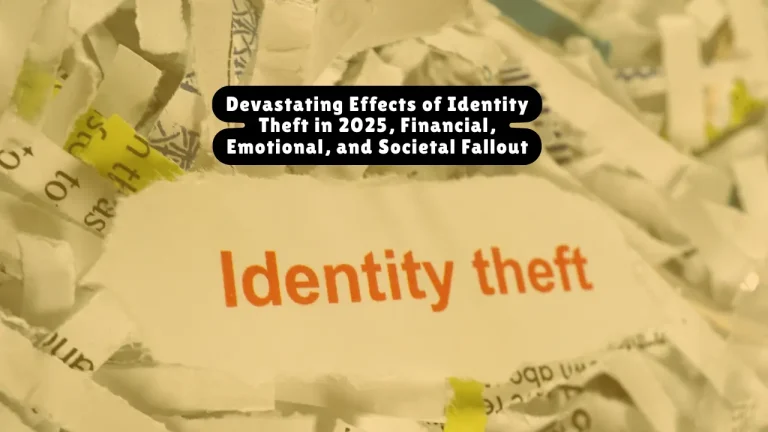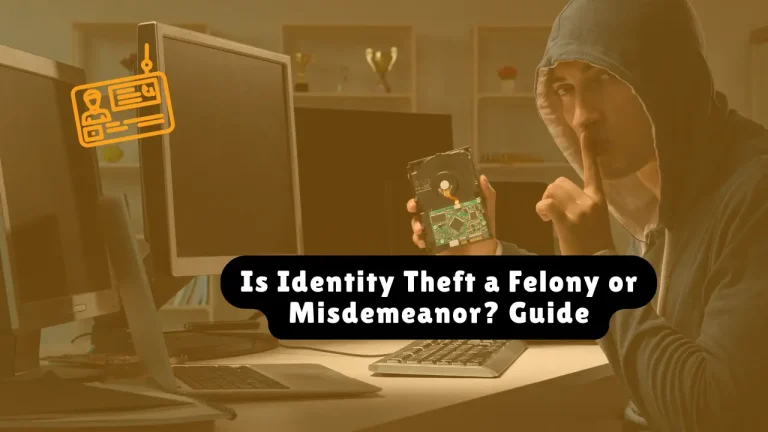Business Identity Theft, How Big Is the Threat and What Can Be Done?
Business identity theft has ballooned into a $56.6 billion menace that undermines operational continuity and regulatory compliance. This comprehensive guide breaks down the scale of business identity theft, the underlying causes, and actionable defense strategies you can implement now. Business Identity Theft — A $56.6 Billion Threat While personal identity theft causes hardship, business identity…









